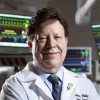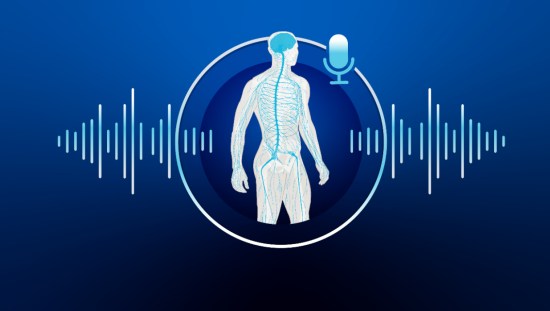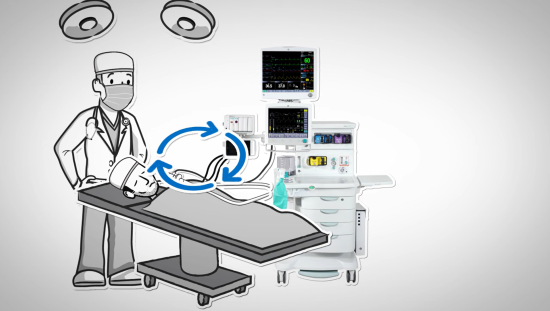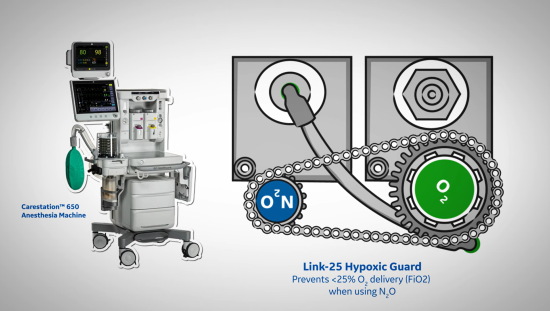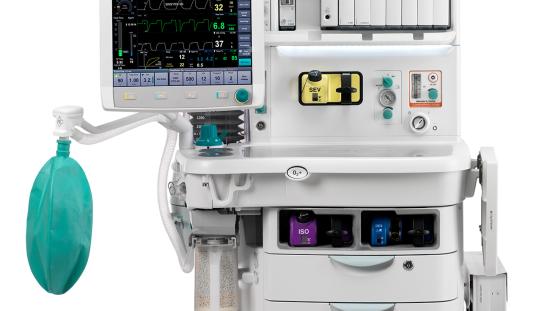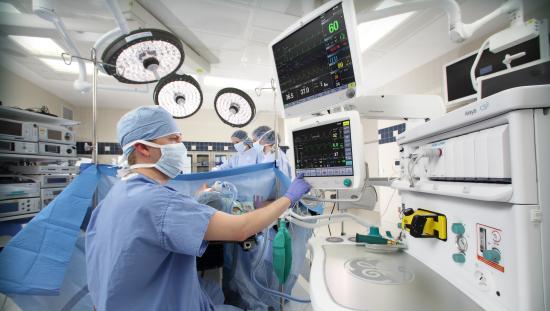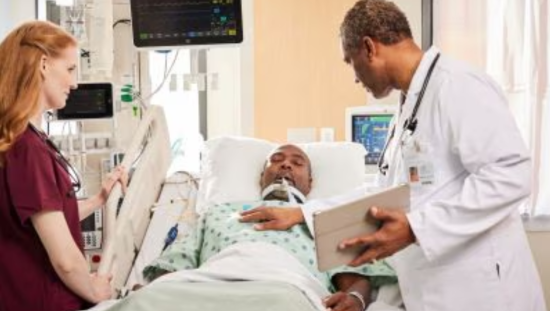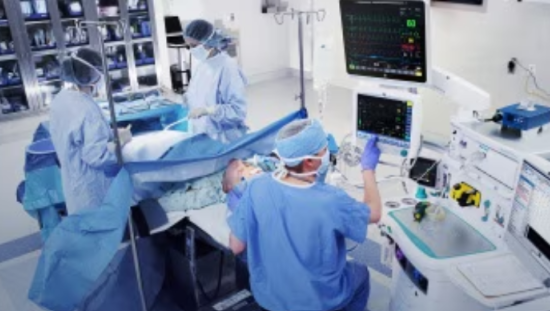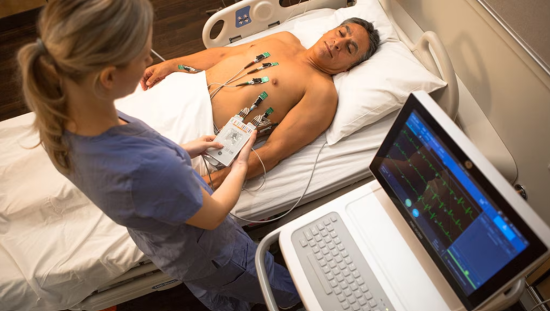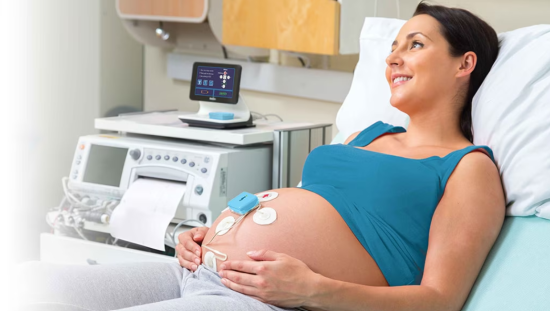Advances in Low Flow Anesthesia: The Path to Automation
Speakers
A panel of leading anesthesiologists and technical experts convene to discuss the known benefits of low flow anesthesia, including the potential for reducing anesthetic waste, leading to cost savings and reduced greenhouse gas emissions. They will also highlight findings from the "MASTER Trial", a US, multicenter, prospective, randomized, controlled trial of target control low flow anesthesia software, to spark discussion on the accuracy and efficiency of the technology, as well as reported clinician experience.
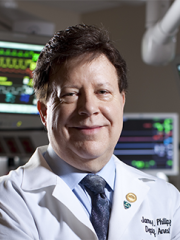
Dr. James H. Philip
Harvard Medical School
Dr. Philip is Professor of Anesthesia at Harvard Medical School and Anesthesiologist and Director of Anesthesia Bioengineering at Brigham and Women’s Hospital. He has Bachelor's and Master's degrees in Electrical Engineering from Cornell University, and an MD from State University of New York Syracuse. Dr. Philip's career focuses on engineering the medical environment, especially anesthesia, to make it safer, more effective, and less costly. He does this by teaching clinicians how to apply engineering principles and by creating tools to facilitate care and foster education.
Dr. Philip wrote Gas Man®, a computer simulation, workbook/textbook, and learning environment that teaches the kinetics and economics of inhaled anesthetics. The Gas Man® simulator teaches the core competency of inhalation anesthesia kinetics and allows teachers to remediate residents who do not demonstrate competency by performing exercises satisfactorily. He created a nonprofit charitable organization, Med Man Simulations Inc., to distribute and further develop Gas Man software and promote its educational use worldwide [www.medmansimulations.org and www.gasmanweb.com].

Kyle Herzog
Engineering Manager, GE HealthCare – Anesthesia & Respiratory Care
Kyle Herzog has worked as an Engineer at GE HealthCare in Madison, WI since 2008 after graduating with a Biomedical Engineering degree from UW-Madison. He has worked on the Verification and Validation (V&V) team for his entire career with a focus on creating high quality and reliable Anesthesia Machines. He has worked with End-Tidal Control the majority of his career and was a lead engineer on the MASTER trial that eventual lead to FDA Approval of the Et Control feature.
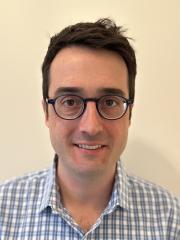
Dr. David Hovord
University of Michigan
Dr. David Hovord is a Clinical Assistant Professor of Anesthesiology, specializing in Liver Transplant Anesthesiology. He is the Director of both Multispecialty Anesthesia and the Equipment and Supply Program. He also leads the Green Anesthesia Initiative at Michigan Medicine. Dr. Hovord is passionate about using technology to help improve patient safety in anesthesia and is a member of the Anesthesia Patient Safety Foundation Committee on Technology and the Patient Safety Committee at the University of Michigan. He gained his medical degrees from the Universities of Oxford and Cambridge in the United Kingdom.

